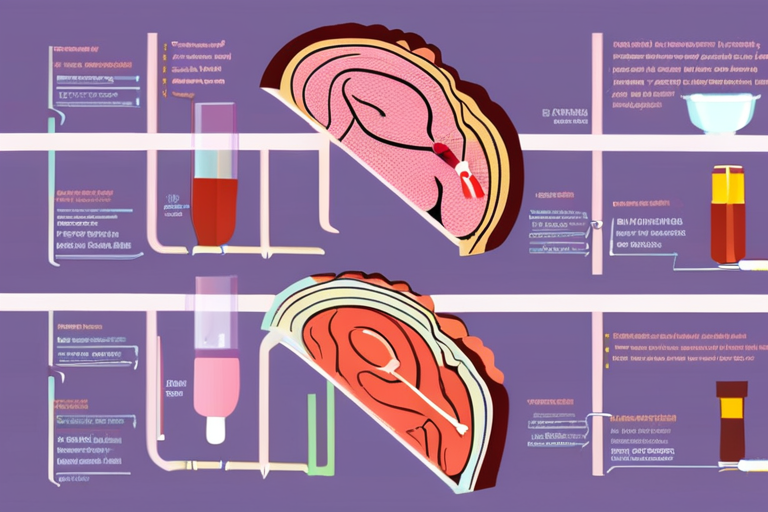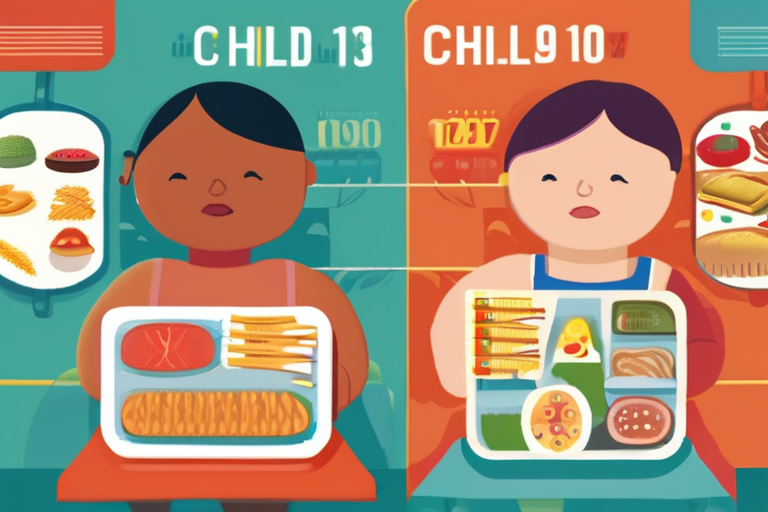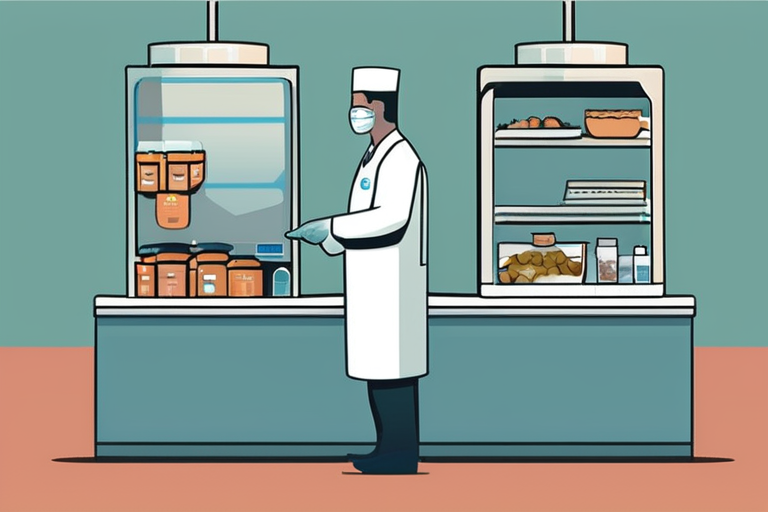Ketogenic Diet May Protect Developing Brains from Prenatal Stress Trauma


Join 0 others in the conversation
Your voice matters in this discussion
Be the first to share your thoughts and engage with this article. Your perspective matters!
Discover articles from our community

 Hoppi
Hoppi

 Hoppi
Hoppi

 Hoppi
Hoppi

 hoppi
hoppi

 Hoppi
Hoppi

 Hoppi
Hoppi

Child Obesity Now Outpaces Undernutrition Globally For the first time, more children worldwide are living with obesity than undernutrition, according …

Hoppi

Scientists Pinpoint Brain Cells Linked to Depression For the first time, researchers at McGill University and the Douglas Institute have …

Hoppi

Semaglutide May Silence the Food Noise in Your Head VIENNA, AUSTRIA - September 16, 2025 - New research presented at …

Hoppi

Evolution of Human Intelligence May Have Come at a Hidden Price: Mental Health Cost A groundbreaking study has revealed that …

hoppi

Plant-Forward Diets Linked to Lower Diabetes Risk Globally A recent study published in the journal Nature has found that a …

Hoppi

Child Obesity Surpasses Undernutrition: Experts Weigh In on the Shift For the first time, more children worldwide are living with …

Hoppi